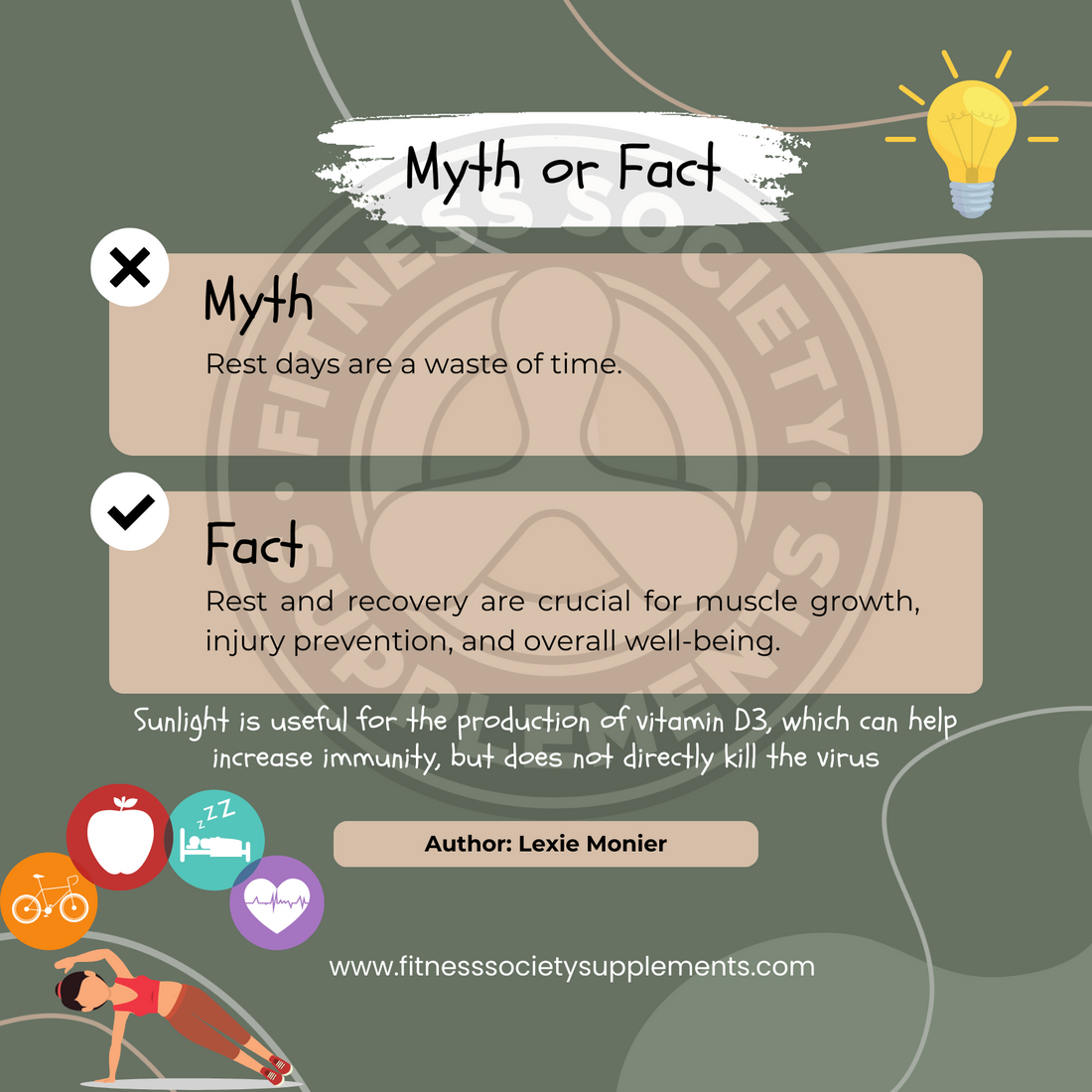
Fact or Fiction: Insights from a Personal Trainer on common fitness myths
Fitness is full of conflicting advice, making it hard to know what's true and what's just a myth. Let's clear the air and debunk some of the most common fitness myths!
Myth 1: Lifting weights makes you bulky.
Fact: While certain training styles and genetics can influence your physique, the biggest factor contributing to what's often perceived as "bulkiness" is body fat percentage, which is primarily determined by calorie intake. Basically If you consistently consume more calories than your body burns, you'll gain weight, regardless of your exercise routine. It's important to differentiate between muscle and fat gain. Weight training can build muscle, which contributes to a toned and strong physique, but not necessarily "bulkiness" unless accompanied by excess calorie intake. So, focusing on a balanced diet that aligns with your fitness goals is crucial for achieving the desired body composition.
Myth 2: Cardio is the only way to lose weight.
Fact: Strength training paired with a little cardio is key for weight loss and overall health/fitness. Strength training builds muscle, which burns more calories at rest, boosting your metabolism even after you complete your training session.
Myth 3: Spot reduction is possible.
Fact: You can't target specific fat loss through exercises like crunches for abs. Fat loss happens overall, influenced by diet and exercise combined. Aim for full-body workouts and healthy eating for balanced results.
Myth 5: Stretching before a workout helps prevent injuries.
Fact: Static stretching before exercise might not be the best idea. Dynamic stretches and a light warm-up are generally more effective in preparing your body for movement and reducing injury risk.
Myth 6: Eating carbs makes you gain weight.
Fact: Not all carbs are created equal. Choose complex carbs like fruits, vegetables, and whole grains for sustained energy and avoid processed carbs and sugary drinks, which can contribute to weight gain.
Myth 7: Rest days are a waste of time.
Fact: Rest and recovery are crucial for muscle growth, injury prevention, and overall well-being. Schedule rest days to allow your body to repair and rebuild, coming back stronger for your next workout. It is important to always listen to your body when it needs rest.
Myth 8: Sweating more means a better workout.
Fact: Sweating is your body's way of cooling down, not necessarily a direct indicator of calorie burn or workout intensity. Focus on feeling challenged and working your muscles effectively, not just sweating buckets.
Myth 9: You need protein shakes immediately after every workout.
Fact: While protein is important for muscle recovery, a balanced post-workout meal within an hour is usually sufficient. Protein shakes can be convenient, but prioritize whole foods whenever possible.
Myth 10: Exercise erases a bad diet.
Fact: Diet plays a major role in achieving your fitness goals. While exercise has numerous benefits, it can't completely compensate for an unhealthy diet. Combine a balanced diet with your workouts for optimal results.
Remember, consistency and informed efforts are key to achieving your fitness goals. Don't get caught up in myths, prioritize your well-being, and consult with a professional for personalized guidance if needed. Happy training!
Myth 11: More is always better.
Fact: While the idea of pushing yourself might seem beneficial, "more is always better" is not the case in the workout world. Imagine training for a marathon by running double the distance every day; you'd likely end up exhausted and injured instead of well-prepared. The same goes for weightlifting - excessive weight or reps can lead to plateaus, overtraining, and injuries. Our bodies need rest and recovery to build muscle and improve fitness. A balanced and sustainable approach will be far more effective to help reach our fitness goals.
Myth 12: Creatine makes you gain weight.
Fact: Sure, some people might see a jump on the scale when they first start taking it. But that's usually just water weight, not fat. Creatine pulls more water into your muscles, making them look bigger and feel fuller. The real weight gain comes from people who use creatine along with a diet that has more calories than they burn. Creatine itself won't make you pack on fat, but it can help your body use those extra calories to build muscle, which will add weight in a good way.
